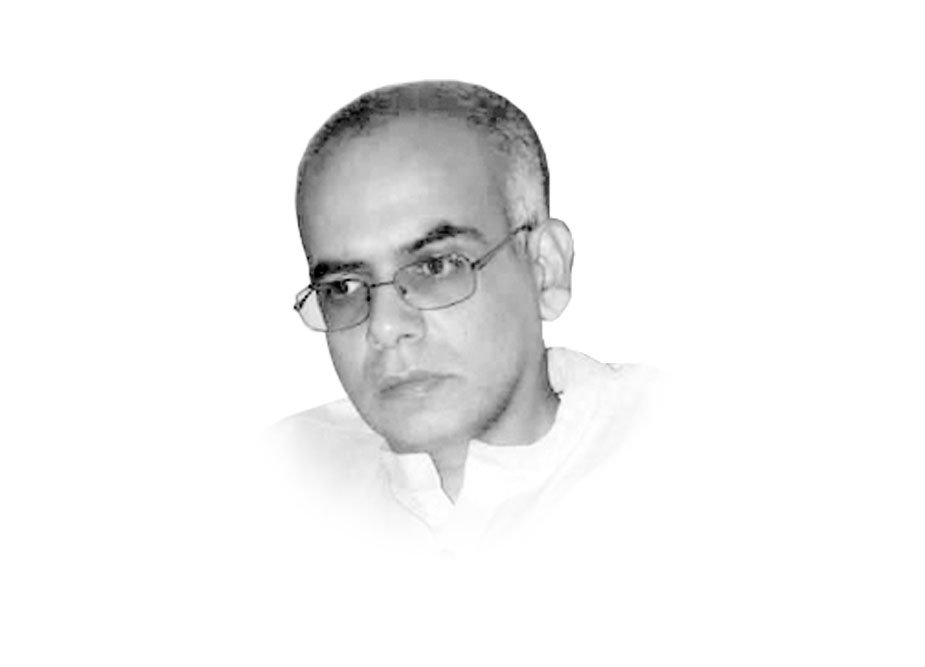
The fate of minorities in other South Asian countries is hardly encouraging. Yet, Indian Muslims comprise the largest Muslim minority in the world. Even after the creation of Pakistan, and thereafter of Bangladesh, there are nearly 200 Muslims in India. The fact that India has steadily managed to subordinate so many people demonstrates the majoritarian tendencies of recurrent governments, not only that headed by Modi.
While Indian Muslims have held some high-profile constitutional posts — like of president and chief justice — the Muslim community at large remains underrepresented and marginalised. The number of Muslim MPs in the 542-strong Lok Sabha is 27, and none of them is affiliated with the ruling BJP. The proportion of Muslims in the Indian bureaucracy is no better. Muslims mostly remain at the bottom of most socio-economic indices as well.
A high-level Sachar Committee report was commissioned by Manmohan Singh, which had found high poverty and low literacy levels among Indian Muslims in 2006. It pointed out how Muslims were experiencing discrimination in terms of getting government jobs, and even access to credit facilities. The living conditions of Muslims were found to be comparable, and in some regards, worse than the situation for other backward categories such as the Scheduled Castes (SCs) or Other Backward Classes (OBCs).
The Sachar report had not only acknowledged the discrimination faced by Indian Muslims, it had also put forth policy prescriptions to remedy the situation. Yet, the recommendations to mainstream Indian Muslims were not paid any serious heed over these past many years.
Christophe Jaffrelot, the French political scientist who specialises in South Asian politics, has worked with Indian colleagues to update data on the state of Muslims in India today. Their findings also suggest that the situation of Muslims has not improved, and that the chances of things improving anytime soon seem unlikely too, given the dire situation of the Muslim youth in India. Only 39% of Muslims aged 15 to 24 years are still studying, in comparison to 44% of SCs, 51% of Hindu OBCs and 59% of Hindu upper castes. The proportion of Muslim youth who completed graduation in 2017-18 was merely 14%, compared to 18% among the Dalits, 25% among the OBCs, and 37% among upper caste Hindus.
Prime Minister Modi initially came to power on a promise to deliver economic growth for all, but as economic indicators began to falter, he began making his ultranationalist agenda more overt especially during this current year’s general elections. The Modi government’s increasingly muscular majoritarian tendencies do not offer much hope for the millions of ordinary Indian Muslims across the country.
Yet, the purpose of this article is not to add to the negativity concerning India, especially on our side of the border, or to revalidate the rationale of the two-nation theory. One is not oblivious to the pathetic track record of dealing with minorities within Pakistan either, due to which, an estimated 23% minority proportion in the country at the time of Partition has now dwindled to below 3%. The concerns expressed above are instead meant to point to the dangers of exclusionary politics and institutional discrimination. While we don’t have much leverage to change the internal dynamics in India, we can push for changing the way we treat our own religious minorities. A serious rethink concerning Pakistan’s own minority question would have more significant implications than the opening of the Kartarpur Corridor.
Published in The Express Tribune, November 22nd, 2019.
Like Opinion & Editorial on Facebook, follow @ETOpEd on Twitter to receive all updates on all our daily pieces.

1725783822-0/Tribune-Pic-(15)1725783822-0-165x106.webp)










COMMENTS
Comments are moderated and generally will be posted if they are on-topic and not abusive.
For more information, please see our Comments FAQ